Replicating high-tech production models
Statistics from the Hanoi Agricultural Extension Center show that the city currently has 406 high-tech agricultural production models. Of these, 262 models are in the field of cultivation, 119 models are in the field of animal husbandry and 25 models are in the field of aquaculture.
The Hanoi Agricultural Extension Center has promoted the implementation of organic, VietGAP, and high-tech farming, livestock, and aquaculture models. Along with supporting demonstration models, the Center has also strengthened guidance, propaganda, and recommendations for farmers to use biological products, biologically derived drugs, and herbs in production. At the same time, the Center also encourages farmers to apply science, technology, and techniques to reduce input costs, moving towards green and safe agriculture.
Hanoi has promoted the implementation of organic farming, livestock and aquaculture models, VietGAP, and high-tech applications. (Photo: TL) |
Regarding the solution to promote the development of multi-value agriculture, Director of Hanoi Agricultural Extension Center Nguyen Thi Kim Que said: "With the role of a bridge to transfer and apply science and technology to production, Hanoi Agricultural Extension Center has been implementing and building many highly effective models, contributing to the transformation of production structure towards multi-value, increasing income for farmers".
Since the beginning of 2025, the Center has deployed 24 agricultural extension models at 84 locations with the participation of more than 3,700 households and cooperatives. Of these, there are 14 crop models, 7 livestock models, and 3 aquaculture models. Eight key groups that need to be replicated include: Developing production according to VietGAP, organic orientation, applying high technology; biosafety; adapting to climate change; developing production linkages associated with product consumption and developing mechanization. |
Along with that, localities need to build financial and credit support mechanisms for farmers and businesses investing in organic agriculture and ecotourism. At the same time, perfect environmental protection policies in organic agricultural production, ensuring harmony between economic development and ecological conservation. Units also need to build a team of professional agricultural extension officers, proficient in digital technology, helping to quickly transfer scientific and technical advances into production. From there, provide in-depth training for 100% of agricultural extension officers, spread knowledge in the community to develop agricultural human resources.
In the period 2026-2030, the key objective of the Agricultural Extension Program is to transfer and disseminate knowledge, encourage the application of technical, scientific and technological advances to improve the capacity and efficiency of agricultural production and business. This is a way to contribute to the development of the city's agricultural production in the direction of sustainable ecology, multi-value, bringing high income and associated with the construction of smart, modern New Rural Areas, gradually improving and raising income and quality of life of the people.
Combining sustainable agriculture with experiential tourism
According to the Director of the Hanoi Department of Agriculture and Environment, Nguyen Xuan Dai, although accounting for only about 2% of the capital's economic structure, Hanoi's agriculture is always among the top in the country in terms of scale, production value and development level. In particular, recently, Hanoi's agricultural orientation has made a strong shift to a green - circular model, serving the group of consumers with high requirements for food quality and traceability.
By the end of 2025, the rate of high-tech agricultural products will account for about 70% of the total agricultural products of the city. However, with a cautious and sustainable perspective, the city has adjusted towards a balance between economic efficiency and environmental protection, focusing on ecological values, landscapes and green consumption needs of urban residents.
Instead of focusing on increasing productivity and output, Hanoi focuses on developing ecological and organic agriculture combined with experiential tourism to increase value. Director of the Department of Agriculture and Environment Nguyen Xuan Dai commented: “This is a suitable choice for a special urban area like Hanoi - where inner-city residents and tourists have a great demand for weekend resort tourism. Hanoi strives for agriculture not only to produce food but also to create high-quality living spaces, increase value and contribute to shaping the green living identity of the capital”.
The city has about 5,000 hectares of ineffective rice cultivation due to irrigation difficulties. These areas are being converted to fruit trees, flowers, and urban trees to serve the landscape and services. Low-lying areas with difficult irrigation will be planned for water regulation, creating green space for urban development. |
Developing green, circular agricultural models, using agricultural by-products as organic fertilizers, reducing carbon emissions, and reusing resources is also a direction in line with global trends and Hanoi's sustainable development goals by 2030, with a vision to 2050. Accordingly, Hanoi plans 7 rice growing areas with an area of 200 - 500 hectares each, serving the research and development of specialty rice varieties. In particular, the city coordinates with the Vietnam Academy of Agriculture to research and produce rice varieties that do not cause users to gain weight, do not affect blood sugar, and target the high-end consumer segment.
It can be affirmed that restructuring the Hanoi agricultural sector in conjunction with green production planning and ecological urban strategy is an inevitable path. This helps the capital develop its agricultural economy while maintaining its ecological landscape, improving the quality of life and resilience to climate change. In particular, in the period of 2030 - 2045, the city aims to become a comprehensive green city, with ecological agriculture playing the role of the backbone of the urban ecosystem - connecting land, people and nature in a sustainable way.
According to the Director of the Hanoi Department of Agriculture and Environment, Nguyen Xuan Dai, the city will restructure production in all areas. In cultivation, the city will improve land use efficiency, focus on applying modern technology, and create high-quality products. In addition, the city will convert rice production areas in areas with difficult irrigation to more suitable crops to increase economic value. In particular, Hanoi focuses on crop products, services, and technologies suitable to the nature and characteristics of land in suburban areas.
Regarding aquaculture, the city develops in a sustainable direction, with high productivity and quality, associated with protecting aquatic resources and the ecological environment. Hanoi proactively responds to climate change, prevents diseases, monitors the environment and food safety during the farming process. Along with that, the city will incorporate green, clean, and sustainable production into training programs, focusing on linking theory with local practice, helping to improve the capacity, qualifications, and skills of farmers. |
Source: https://thoidai.com.vn/phat-trien-nong-nghiep-theo-huong-cong-nghe-cao-sinh-thai-va-da-gia-tri-216150.html


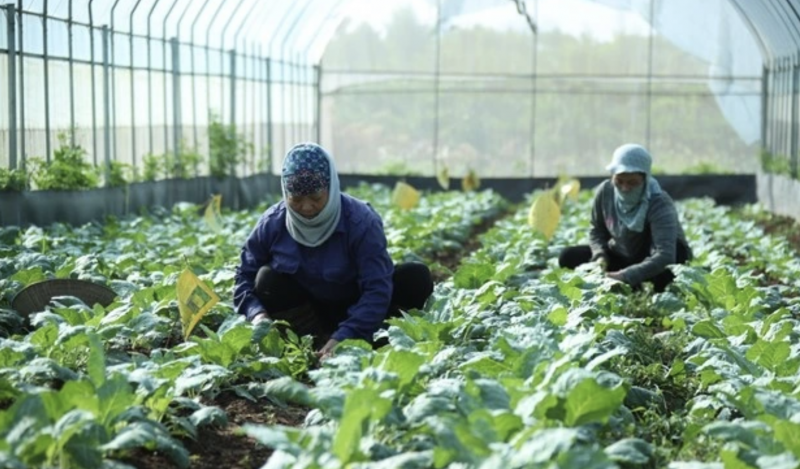




![[Photo] Prime Minister Pham Minh Chinh chaired a meeting of the Steering Committee on the arrangement of public service units under ministries, branches and localities.](https://vphoto.vietnam.vn/thumb/1200x675/vietnam/resource/IMAGE/2025/10/06/1759767137532_dsc-8743-jpg.webp)
![[Photo] Prime Minister Pham Minh Chinh chairs a meeting of the Government Standing Committee to remove obstacles for projects.](https://vphoto.vietnam.vn/thumb/1200x675/vietnam/resource/IMAGE/2025/10/06/1759768638313_dsc-9023-jpg.webp)
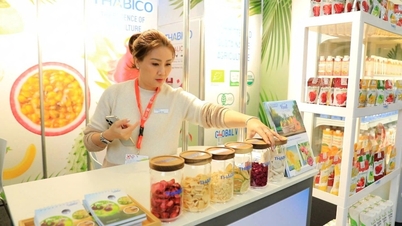

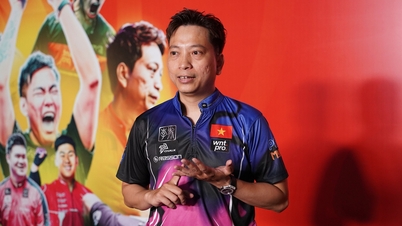

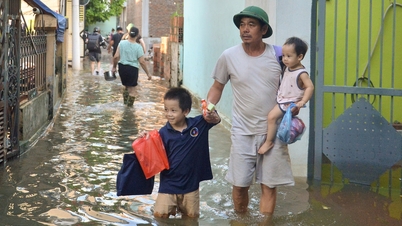


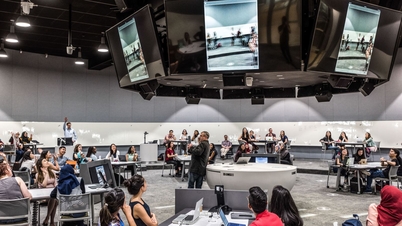

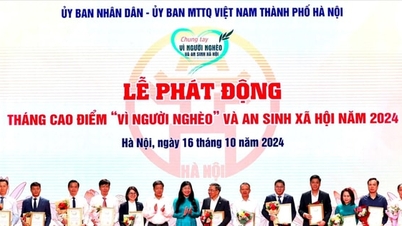

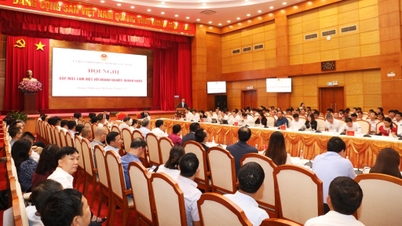
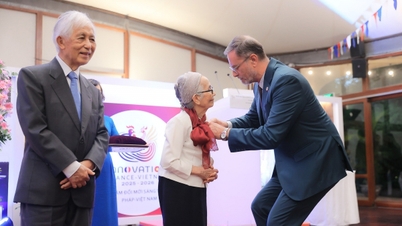
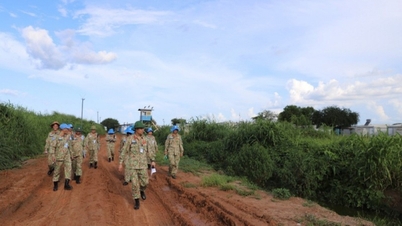
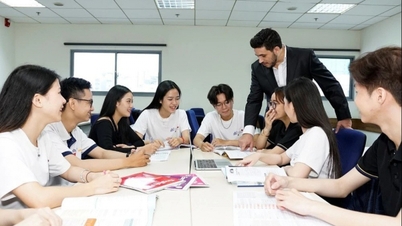
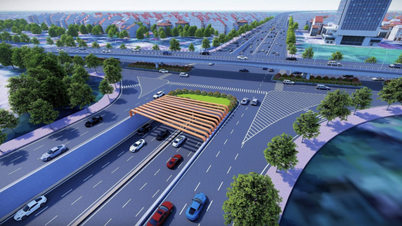
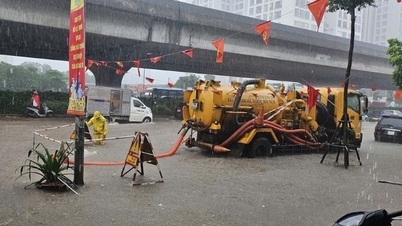




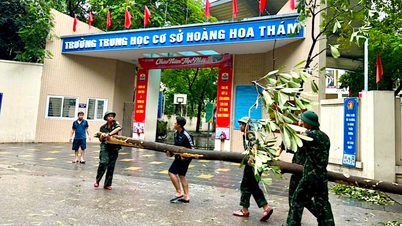
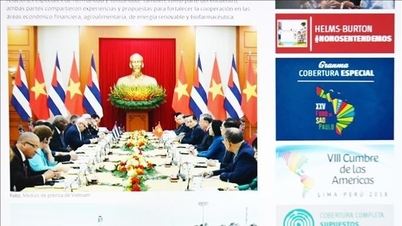
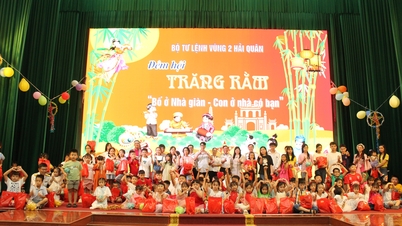
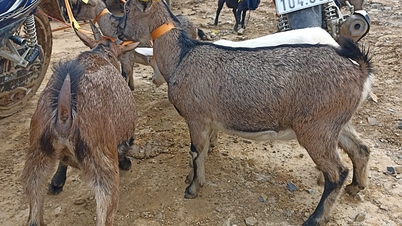
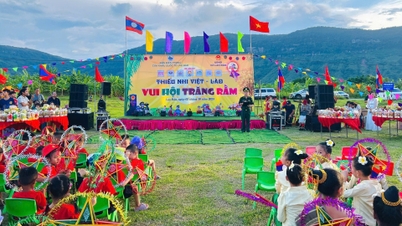
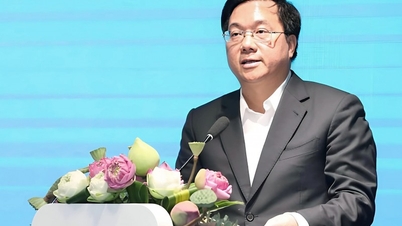















































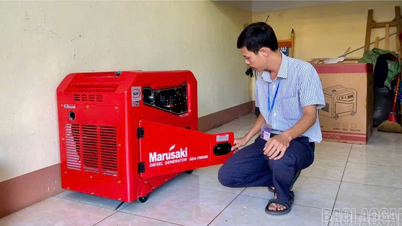



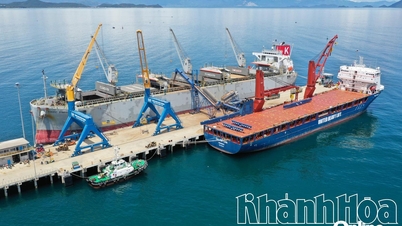













Comment (0)